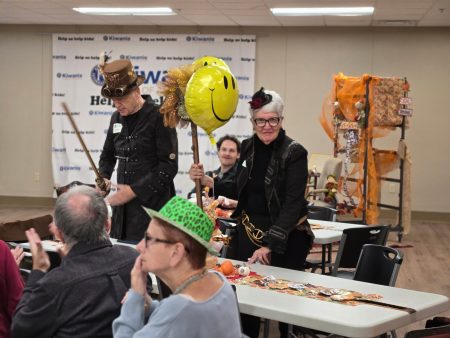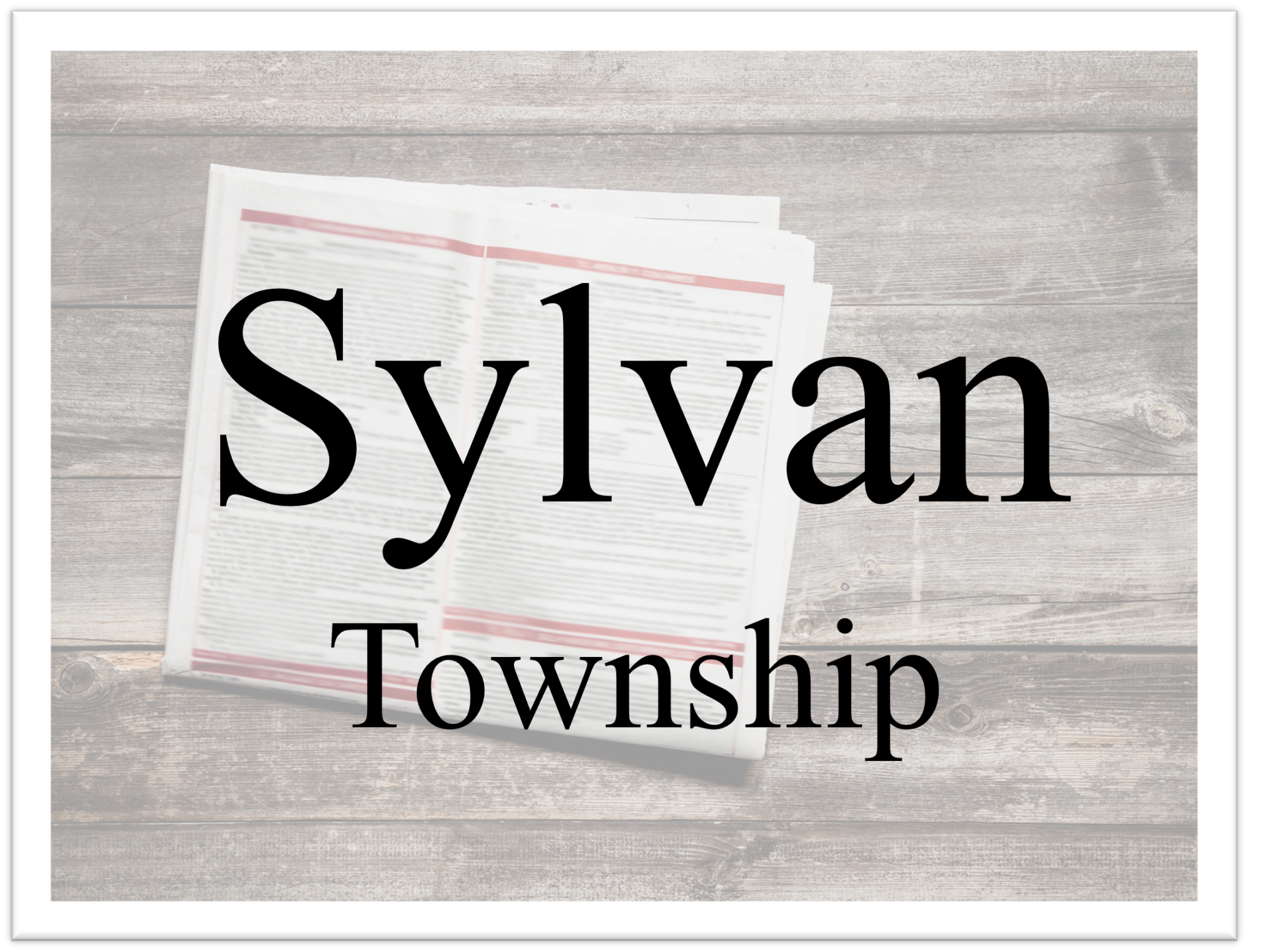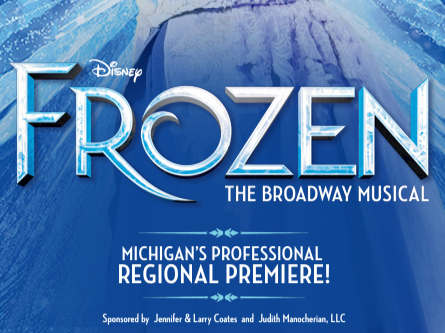“Fall Frolic” the sign proclaimed, welcoming Halloween partygoers to the Kiwanis headquarters on Jackson Road one day before the official trick-or-treat night.Guests who didn’t arrive in costume were offered crazy hats or robes before the fun began for a very special gathering.
Adults suffering with dementia and their caregivers were treated to noon-time fun, including a photo booth, musical performance, finger foods, frosted cookies, prizes, and private Thrift Store shopping, all part of a sponsorship Kiwanis has forged with Dementia-Friendly Services.
“We come to every Dementia-Friendly event we can get to,” announced Phyllis Robb when she and her husband were awarded a prize for the best costumes. Kiwanis members sat at every table, welcoming guests to the party.

“Look around at the faces,” invites Jim Mangi, 78, the founder of Dementia-Friendly Saline, which has since expanded its scope to become Dementia-Friendly Services. “This is a chance for caregivers and their friends or family members to have fun together, do something different, and interact with sympathetic people. Kiwanis offers a special kind of respite for this community.”
Mangi knows firsthand the challenges caregivers and their patients face. He spent seventeen years caring for his late wife, Kathleen Schmidt, who was diagnosed with dementia at age 57. “I was an environmental scientist—that didn’t prepare me for taking care of a loved one with dementia,” he says. “Dementia is not a stigma. It’s an irreversible physical disease that kills the brain—through no fault of the individual’s.”

Recognizing the caregivers’ needs and the public’s lack of knowledge about memory loss, he decided to launch a means of supporting caregivers and educating business people, municipal workers, shopkeepers, realtors, churches, organizations, and lawyers to the special needs of this population.
When Mangi met Jeanie Mack-Powers at a dementia-friendly program run by the University of Michigan Art Museum, they discussed ways to continue helping and educating. Mack-Powers introduced Dementia-Friendly Services to the Ann Arbor Kiwanis, which now sponsors two major events a year for this special population.
***
Approximately 7.2 million Americans aged 65 and older suffer with Alzheimer’s or another form of dementia—that’s one in nine individuals in that age group. With a population of 202,800 adults with dementia, Michigan ranks nineth in the U.S. Nearly two-thirds are female. Blacks are two times more likely to suffer memory loss than whites, and Hispanics are 1.5 times more likely.
The roots of Mangi’s organization date back just before the pandemic, when he, with the support of Holy Faith Church of Saline, offered a ten-week program defining and discussing all aspects of dementia.
“I had insider knowledge on the difficulties both individuals with memory loss and their caregivers face, and I needed to do something to help,” he says.
The lectures were packed, encouraging Mangi to research Dementia-Friendly America, headquartered in Washington, D.C. He decided to launch a local program, starting in his hometown of Saline. “Our goal is to educate the public about the challenges of those suffering memory loss, and to make life easier for them and their caregivers.”
Besides its educational and outreach programs, Dementia-Friendly Services hosts coffee shops at the Unitarian Universalist Church in Pittsfield Township twice a month for caregivers and their patients. They meet for crafts, sharing, mutual support, treats, and educational programs.
Mangi also realized the importance of educating the community about ways to work with people suffering memory loss. “There are ethical considerations business people have to understand, including how to identify when someone is mentally capable of making important financial decisions.”
Saline’s city council and mayor were “instantly supportive” and invited Mangi to address the municipal workforce. He then expanded his organization’s scope to communities around the state—“Chelsea is in the process of becoming a dementia-friendly community, and we have other communities interested.
“And,” he adds, “there are small practical things everyone can do, if they understand the world from the perspective of someone with dementia. For instance, a black mat outside a shop looks like a black hole to someone with dementia, making them fearful to step forward. That’s an easy fix.”
Although Mangi takes no salary, the organization now has six paid employees spreading the message and sponsoring educational programs. Dementia-Friendly Services is funded by grants from a variety of sources.
“We’ll go wherever we’re invited. We’ve offered more than 70 workshops so far, and we’ve made presentations to thousands of people,” he says. “Ann Arbor’s Kiwanis is the premiere example of a partnership in our efforts to educate our communities and improve the lives of caregivers and their family members and friends.”



 8123 Main St Suite 200 Dexter, MI 48130
8123 Main St Suite 200 Dexter, MI 48130


